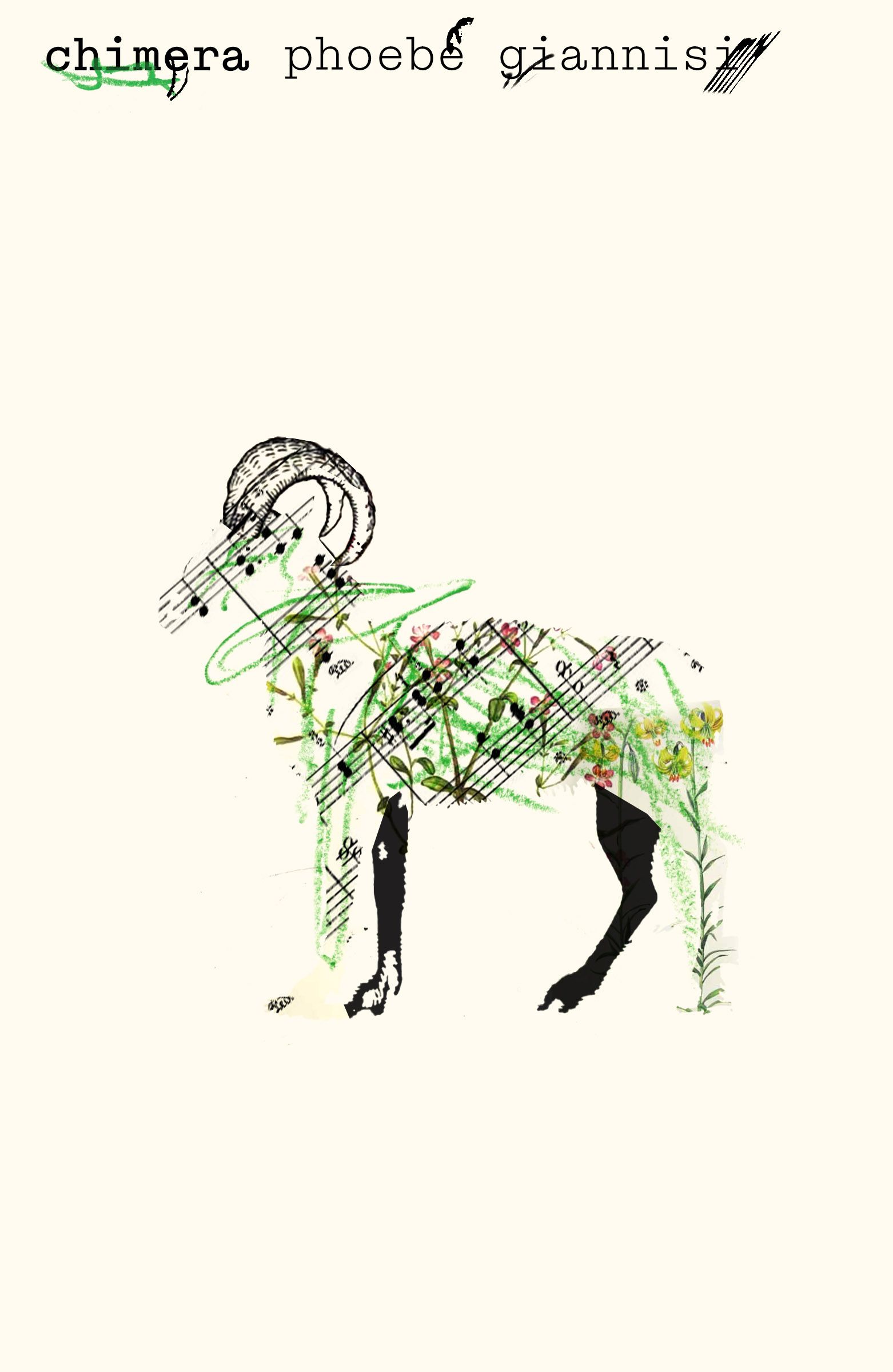

Forthcoming Fall 2025 from Fitzcarraldo Editions.
This book, at its best: a many-mouthed poetic speaker with a wild imaginative sense.
- Ricardo Frasso Jaramillo, Los Angeles Review of Books
Giannisi activates her language from its very root, every tendril lit up to reveal all that exists within and around it... Moving the text from Greek into English not only carries Giannisi's world into a new language; it also pollinates the edges of its own poetic ecosystem, adding Sneeden's English to the book's cast of voices.
- Fani Avramopoulou, Antiphony
Some of the best of her lyric writing… strange and captivating
- Publishers Weekly
Read more at New Directions.
Shortlisted for the National Translation Award in Poetry.
In Cicada, her second English-language collection translated by Brian Sneeden, the Greek poet Phoebe Giannisi offers an intimate and utterly feminine perspective on language and regeneration. As she did in Homerica, her 2017 contemporary “Odyssey,” Giannisi intertwines the past with the present in order to experience the world around her anew.
- Jessica Gigot, The New York Times
...arresting and often chant-like... these poems are dynamic in their visual and linguistic movement
- Publishers Weekly (starred)
...a vibrant lyric consideration of metamorphosis, mortality, and poetry as song... in Brian Sneeden’s delicate translation, evoking Gertrude Stein.
- Heather Green, Harriet Books, The Poetry Foundation
Sneeden is a meticulous translator and a poet in his own right. He brings Phoebe Giannisi's work to life with immediacy and conviction.
- Edmund Keeley
Read more at New Directions.
The poems in Last City by Brian Sneeden accomplish that rarest – and most vital – feat in poetry: they are spells, conjurings, wards. The earth and the stars, the past and the present, life and death – they are all made new, or strange, or singing, here. I cannot imagine a better, richer debut than this.
- Paul Guest
The poems in Brian Sneeden’s Last City speak with an oracular tenderness that only partly disguises their chthonic wisdom. Sneeden guides us through rooms haunted by a “good-bye harvest/ of twice-broken things,” or through the city of Alexandria as seen by its Roman victim Mark Antony: “to him the city casts human shadows,/ the walls a mosaic of arms and legs….” These marvelous poems present a whimsical, surreal view of the world that works its quiet and sly way into deep mysteries. Give yourself over to them, go with them—and where you arrive will delight and surprise you.
- Gregory Orr
A brilliant and original voice. Sneeden’s poetry reaches back through the Greek masters of the last century to their Classical predecessors, and in this journey finds a voice that is agile and entirely spontaneous. He speaks to the twenty-first century loneliness that comes from being connected to everyone and everything past and present, and to our fantasies of a future that will deliver us from this loneliness and perhaps from ourselves too.
- Peter Constantine
Selected by Anne Carson as a Favorite Book of 2017 in the Paris Review.
Giannisi's poetry is a wonderful combination of the classical and the underground avant-garde. Trained both in architecture and Ancient Greek, her poems tackle the problem of how to inhabit the spaces we live in — from the abandoned lot and the swimming pool to the page of the book. What a pleasure to have the full Homerica series in Brian Sneeden's lyrical translation.
- Karen Van Dyck
Brian Sneeden brings Homerica’s psycholinguistic subtleties into English with grace and apparent effortlessness. His ability to match Giannisi’s oracular incantations and agile syntax is magical. Sneeden proves that it is essential for a translator of poetry to be a poet in his own right.
- Shon Arieh-Lerer, World Literature Today
A nuanced, clear set of poems that seamlessly articulate homeward journeys—wherever one’s home may be.
- Kirkus Reviews
From the translator's note, published at World Literature Today:
"I first met Phoebe Giannisi in New York, where she’d been a Humanities Fellow at Columbia University, and where she gave me a copy of her book Homerica—which had recently been translated into German. Reading her poems in the original, I was struck by their musicality as well as their rich synthesis of mythology and contemporary life. Compelled, I began to translate the book’s opening poems as a sort of lyrical experiment, playing and replaying the audio recording that came with the book to help me re-stage the poems’ internal rhyme, alliteration, and metrical variation in English.".



